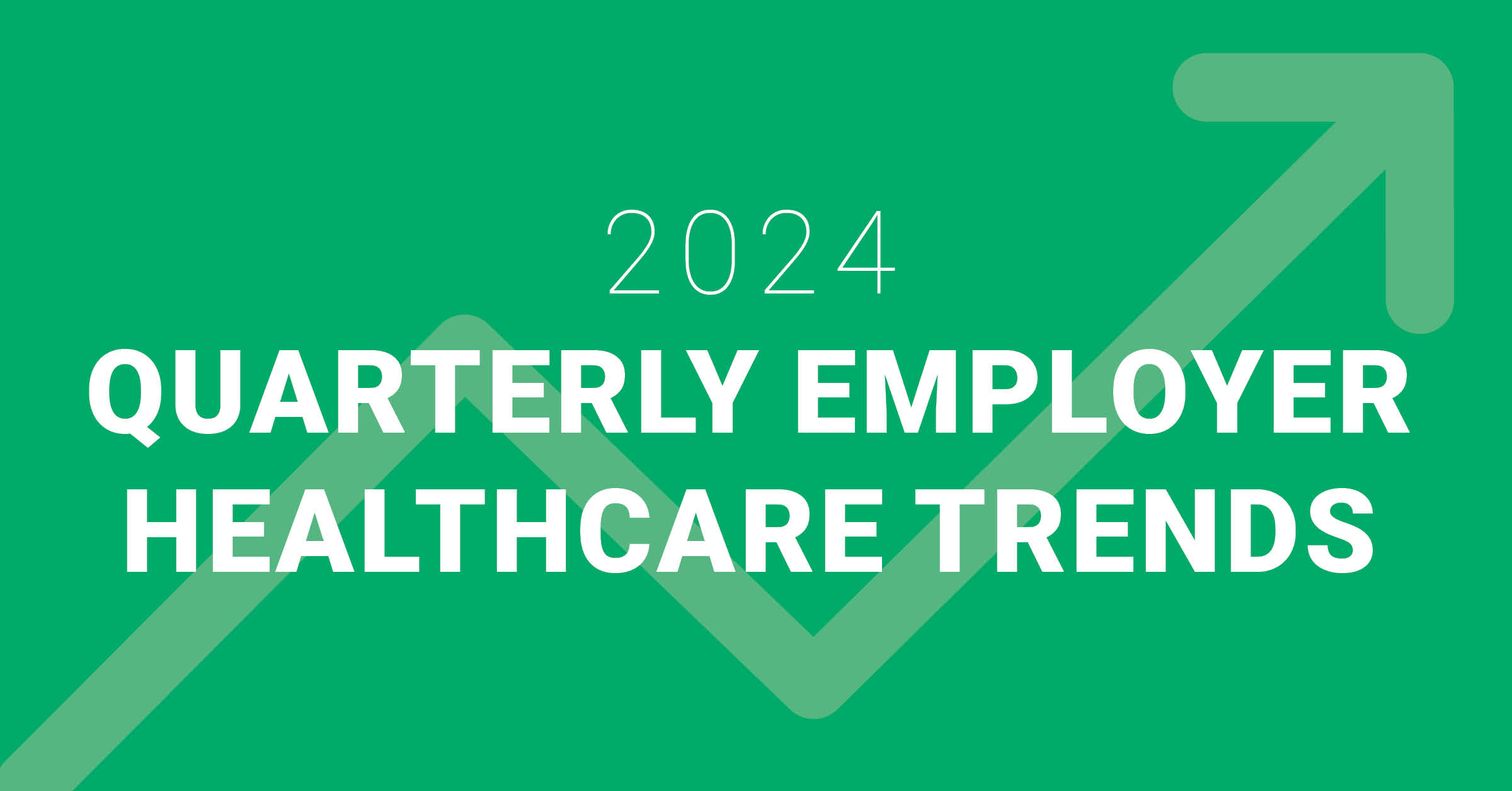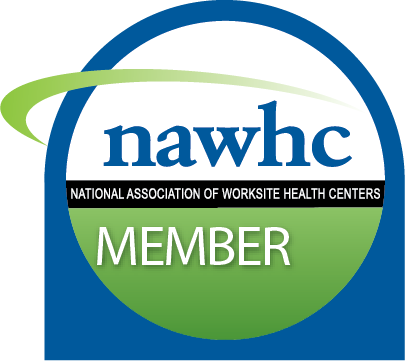How do we improve patient relationships to keep them engaged and proactive with their health? The foundation starts with building strong relationships through trust, providing better access to care and incentivizing care teams for delivering the best health outcomes.
We sit at our desks for longer hours, make bad food choices, get less sleep, and our unhealthy behaviors spiral, often becoming an everyday pattern. It’s a big part of the reason 6 out of every 10 employees where you work have a chronic disease such as high blood pressure or diabetes. Yes, that’s right, more than half of those people in your team meeting today (or maybe even you) have an underlying health issue they may not be aware of.
Chronic diseases are the leading cause of death and disability, and they keep driving up our healthcare costs. In many cases, these diseases are preventable. So why aren’t they being prevented and how can we strengthen patient relationships so they’re proactive in their health?
We know patients who have strong relationships with their care teams are naturally more engaged with preventive services, like getting those immunizations or a routine blood pressure screening, than those who don’t.
Marathon Health’s recent Employee and Employer Healthcare Survey unsurprisingly revealed that 74% of patients said that a stronger relationship with their doctor and more time during each visit would help manage their health better. And 77% noted they would like more help determining health issues such as diabetes and hypertension before they start.
So the next question is, how do we do we improve healthcare to allow everyone to have a better relationship with their healthcare team?
The Foundation: Strong Patient Relationships
Trust must be in place first. This is true in any relationship — you certainly wouldn’t go on a blind date and automatically trust the person you just met and you certainly wouldn’t marry in a day. People won’t take risks without having a foundation of trust. And from the patient’s standpoint, there are a lot of risks involved in getting healthcare.
Besides the costs and time investment, many patients lack confidence that their healthcare provider is committed to improving their health. They’re reluctant to come in for care when a doctor typically asks a few questions, instructs them to pick up a prescription, and walks out the door.
This is especially true with Big Retail healthcare — patients nor the providers expect to build a relationship in these settings. In our recent survey, the least popular choice for receiving care in the future was at pharmacies and big-box retailers. Both sides of the transaction assume they’ll never see each other again – and without a relationship, you’re not going to see behavior change. And without behavior change you’re not going to see healthier outcomes. So Big Retail isn’t going to bend the curve for the US health system.
To increase patient engagement and get patients healthy, our healthcare teams must focus on building trust through strong relationships and consistent communication. It’s up to us to be the change. Providers need to create an intentional, proactive and data-driven approach to help a patient take the necessary steps to lose weight, quit smoking, take their prescription medication regularly or manage their diabetes better.
Be Proactive to Build Provider-Patient Relationship
We all know that the traditional healthcare model uses a wait-and-see engagement approach. The hospital, the ER, and urgent care centers attract patients when they realize they have a need. The problem: it allows health issues to fester until they develop into a more significant problem. And in many cases, they develop into an advanced problem, where the opportunity to address the issue takes more time to manage and costs more money.
For example, a middle-aged man who never exercises and neglects nutrition will likely have high blood pressure, which could lead to a heart attack if unaddressed. If this individual is the average US male, the moment he goes in for heart surgery will be the first time he’s seen a doctor about this problem.
Data Drives the Patient Engagement Strategy
Proactive engagement requires us to use data to identify and create an engagement plan for patients who either have high-risk conditions or have behaviors that signal there might be a need that isn’t being met.
With a risk profile on each patient, healthcare teams can partner with marketing teams to conduct outreach and implement effective campaigns. Ideally, this outreach will include multiple channels, whether that’s a phone call, an email, text, or home mailer.
If a medical assistant makes a quick call, she can let the patient know he hasn’t scheduled his annual exam that’s coming up in month. A simple, “Let’s get that taken care of now,” can get the patient into the office to make sure other healthcare issues haven’t festered. All of this is proactive, without waiting for patients to call or show up, which is likely when they’re sick.
Engagement Demands Better Access to Care
It’s impossible to talk about engagement without addressing access. Patients need to be able to get in quickly, not have to wait several days or weeks for a primary care appointment. Additionally, when patients come in, they shouldn’t feel rushed.
According to a study published in the January issue of Medical Care, the average primary care exam was 18 minutes long in 2020. While this is an improvement over previous years, we have a long way to go as an industry. Ideally, the average time spent in a primary care appointment would be closer to 30 minutes or longer, allowing plenty of time for the patient to share concerns and goals, and for the physician to work with the patient to create a plan of action. Follow-up time or a call should set up to coach patient through behavior change and keep them on top of their goals.
What Patient Engagement Looks Like
Engagement shows up as a combination of enthusiasm and action. When patients are engaged, they’re optimistic about their health journey and committed to taking the necessary steps to reach their goals. But they need a guide for their journey, and this is the role of an integrated healthcare team such as a doctor, health coach and dietician, all working together (and talking together) about the best plan of care.
A great example is Marathon Health member Charlotte, who works at the Bay District School. Charlotte was experiencing lingering symptoms from a common cold that she knew weren’t normal for her, and she wondered if she had diabetes. Because of her existing relationship with her care team at the Bay Educators Wellness Center, she had the confidence to go in and get guidance.
The lab results confirmed her suspicion, revealing that she had unmanaged type 2 diabetes and high cholesterol. She started taking medication and, supported by her care team, became determined to get healthier. Charlotte began working with her nurse in a program for individuals with diabetes that’s focused on nutrition education. Her nurse checked in with Charlotte regularly for accountability and monitored her during in-office visits.
Ultimately, fixing healthcare comes down to building relationships based on trust that get patients excited about getting healthy and staying healthy. Charlotte’s description of her health improvements shows just how powerful proactive engagement is… “Today, I feel 100 times healthier,” she told us. “My A1c dropped from 12 to 6, and my bad cholesterol decreased from 233 to 100. I lost almost 100 pounds, and I look and feel fabulous. I made a lifestyle change, and I love the improved me. I walk every day, and most of my middle and high school students can no longer keep up with me. I feel rejuvenated!”
When we begin to incentive care teams to improve outcomes for patients like Charlotte, we’ll ultimately see care teams engaging with patients much earlier in their healthcare journey. It’s a true win, win.
You might also like
Subscribe to our newsletter and stay on the cutting edge of worksite healthcare.










